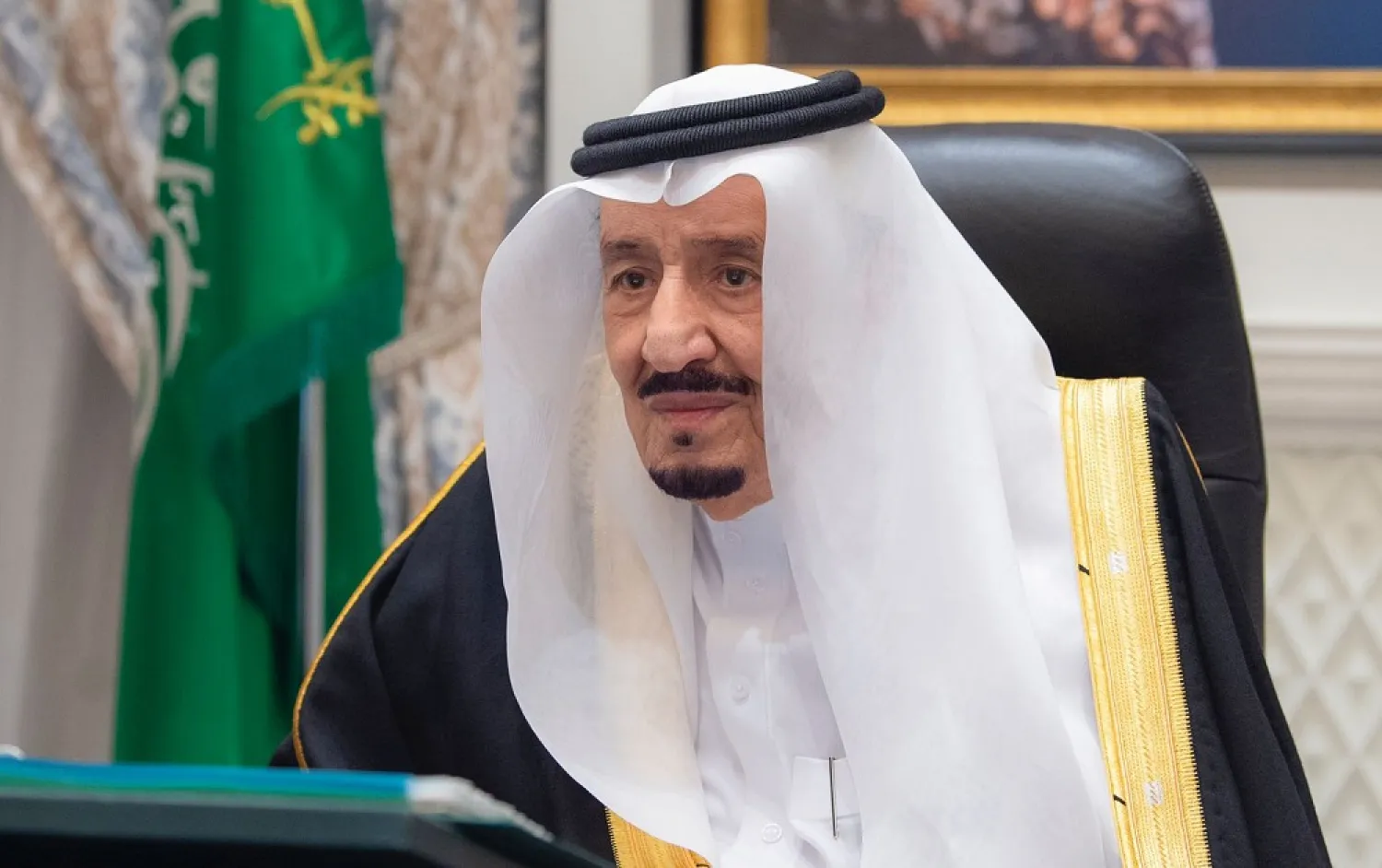The Saudi government stressed on Tuesday that the commercialization of unconventional resources is vital for achieving several goals of the Kingdom's Vision 2030.
Custodian of the Two Holy Mosques King Salman bin Abdulaziz chaired the cabinet meeting that was held virtually amid the ongoing coronavirus pandemic.
The cabinet underscored the importance of the Jafurah gas field as the Kingdom seeks to develop its unconventional gas reserves.
Saudi Aramco expects the gas field to produce approximately 2 billion cubic feet per day of gas by 2030, CEO Amin Nasser said on Monday at a conference on the commercialization of unconventional resources.
The Jafurah field project will cost it no more than 5 billion to 6 billion riyals ($1.3-$1.6 billion), its Energy Minister Prince Abdulaziz bin Salman al-Saud said at the same conference.
The Saudi government reviewed a number of contacts and meetings that were held between Saudi officials and friendly countries in recent days.
The ministers highlighted King Salman's speech before the Group of Strategic Vision Russia — Islamic World summit that was held in Jeddah. His remarks reflect the Kingdom's keenness on bolstering international security and stability and supporting dialogue between different civilizations and cultures. They also reflect the Kingdom's role in adopting moderation and coexistence.
The cabinet reviewed the latest regional and international developments, reiterating Riyadh's condemnation of the Iran-backed Houthi militias' storming of the headquarters of the US embassy in the Yemeni capital, Sanaa. It stressed the need for the international community to firmly stand against such violations and the need to implement international resolutions that should help reach a comprehensive political solution to the crisis in Yemen.
Moreover, the government hoped that the upcoming extraordinary ministerial meeting of the Organization of Islamic Cooperation would find the suitable mechanisms and means to offer humanitarian aid to the people of Afghanistan.
Saudi Arabia, current chair of the OIC, had called for the meeting, which will be held in Pakistan next month.
The meeting should be an opportunity to underscore the importance of the stability, sovereignty, territorial integrity and security of Afghanistan. Gatherers will also stress the need to confront foreign meddling in Afghanistan's affairs and countering terrorism in all of its forms. They will also press the interim government to respect all international treaties and norms and human rights.









